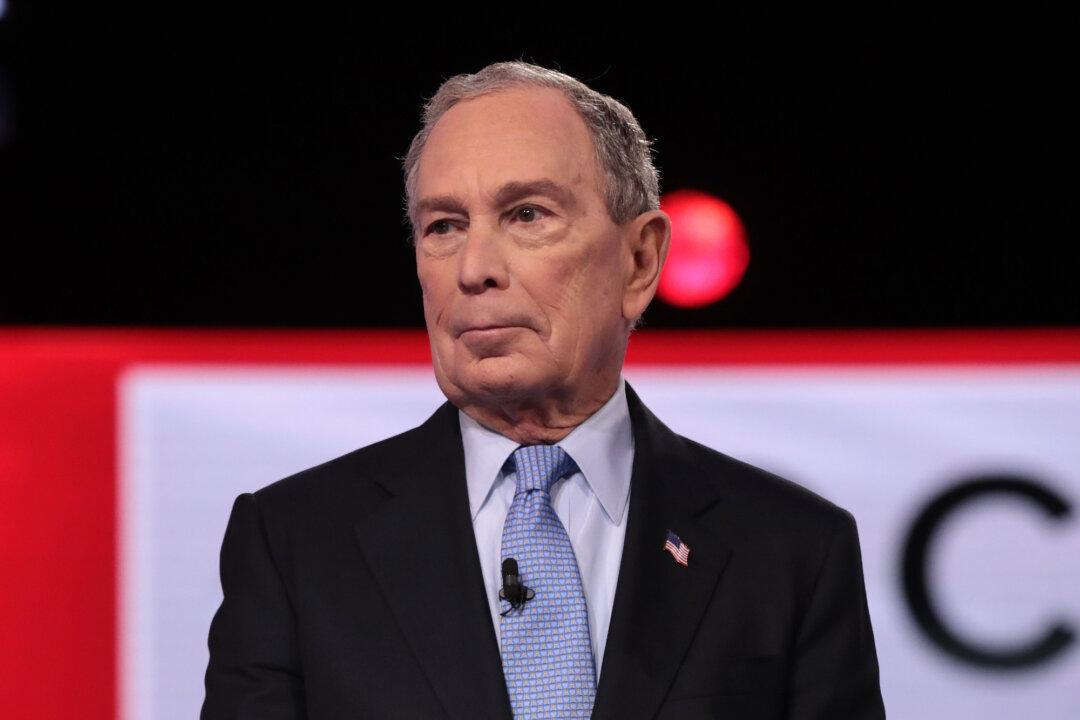Education policy had its moment when seven Democratic presidential primary contenders gathered on Tuesday night for another debate in Charleston, South Carolina.
While most presidential hopefuls remained mostly unchanged on their positions on education, former New York City Mayor Michael Bloomberg took a step back when asked if he would support the expansion of charter schools across the United States, saying that he was “not sure” whether promoting charters could be a universal solution or not.





